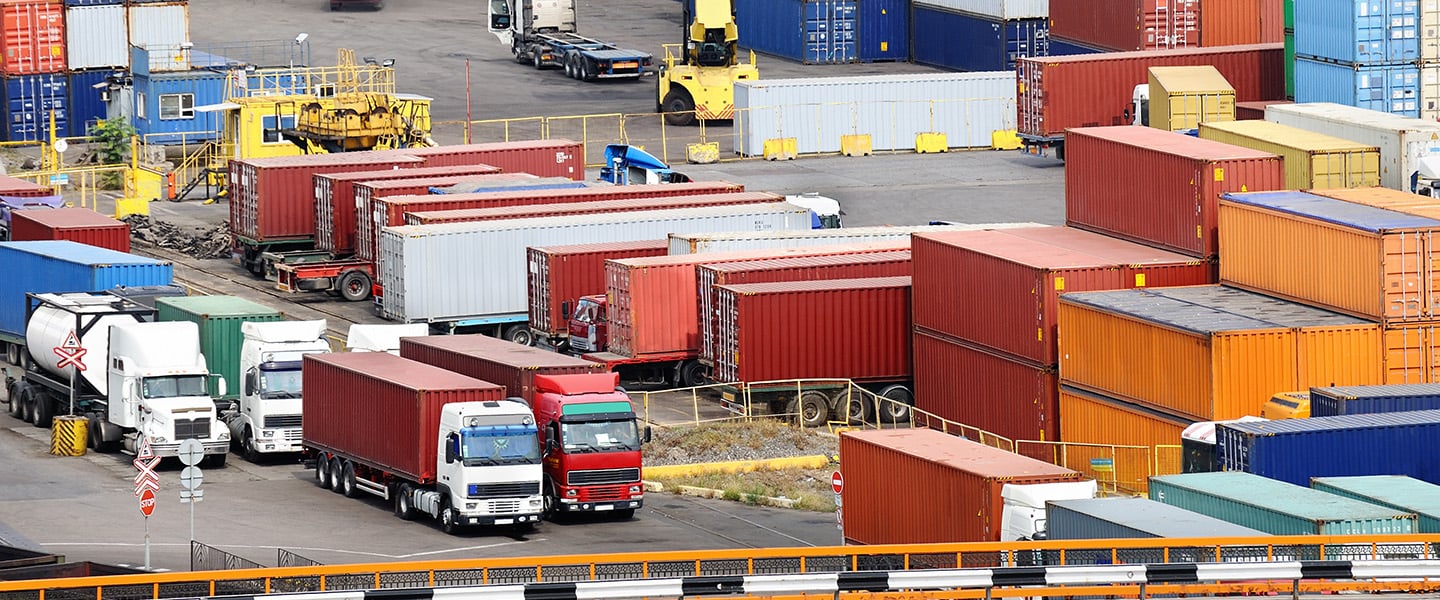The Canadian Parliament has passed Bill S-211—effective on Jan. 1, 2024—with an aim to strengthen and enhance social supply chain disclosures within ESG reporting, while fulfilling Canada’s international commitment against forced labour and child labour.

The bill applies to entities, described as a corporation or a trust, partnership, or other unincorporated organization, that engage in any of the following activities:
- Produce, sell, or distribute goods in or outside Canada,
- Import goods produced outside of Canada, or
- Controls an entity engaged in either of the above activities.
Entities subject to the bill must also meet one of the two requirements:
- Be listed on a stock exchange in Canada, or
- Have a place of business in Canada, do business in Canada, or have assets in Canada, and based on their consolidated financial statements, meet at least two of the following conditions for at least one of their two most recent financial years:
• Have at least $20 million in assets.
• Have generated at least $40 million in revenue.
• Have an average of at least 250 employees.
If your business is subject to Bill S-211, it is imperative to evaluate the potential for forced labour and child labour in your supply chain.
Reporting requirements
As an entity that is required to report under Bill S-211, you must develop an external supply chain risk report on an annual basis, published with the federal government on or before May 31 of each year detailing the steps your business has taken during its previous financial year to prevent and reduce the risk of forced labour or child labour in the supply chain.
Your supply chain risk report will need to entail further information about your business and how you manage to comply with the bill. This includes:
Risks of failing to report
It’s crucial that you are well prepared and informed about annual reporting requirements and the risks of non-compliance, which can include:
- Risk of reputational damage.
- Being subject to government officials entering and searching your property and removing anything for the purpose of verifying compliance without a warrant, unless it is a residence.
- Being subject to fines of up to $250,000.
How can BDO help?
At BDO, we understand the significance of the new reporting requirements, which place a strong emphasis on sustainable supply chain practices.
Our team has extensive experience in ESG reporting, ready to support your business as you navigate the evolving landscape of new supply chain requirements.
With a commitment to providing practical solutions, we provide sustainable supply chain services, designed to address the intricacies of supply chain management to help your business thrive in the current regulatory landscape through:
- Supply chain risk assessment.
- Supply chain training.
- Supply chain risk reporting.
- Supply chain strategy.